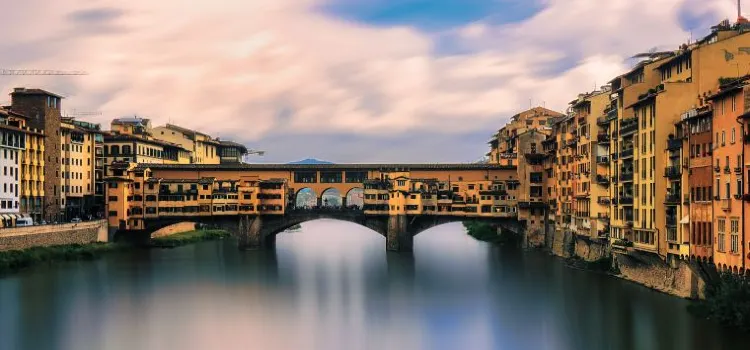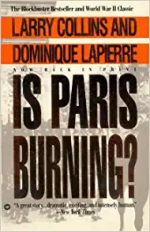- Joined
- Mar 6, 2011
- Messages
- 31,173
- Reaction score
- 22,317
- Location
- US of A
- Gender
- Male
- Political Leaning
- Liberal
Anyways, I skimmed through some of the books I have and didn't find any mention of some German cities being spared due to emotional or personal reasons.
It's possible that personal sentiment seeped into somewhere among the staff of Bomber Command, and maybe someone here has a story to tell, but as far as I can tell what German cities weren't bombed were due to various factors including logistics, strategy, and time.
It's possible that personal sentiment seeped into somewhere among the staff of Bomber Command, and maybe someone here has a story to tell, but as far as I can tell what German cities weren't bombed were due to various factors including logistics, strategy, and time.









